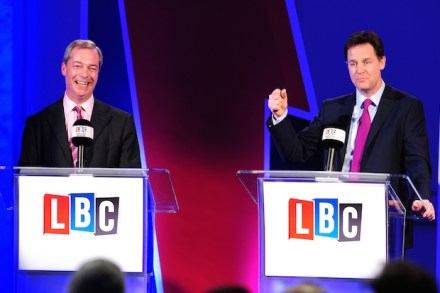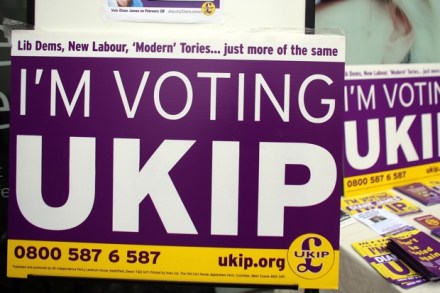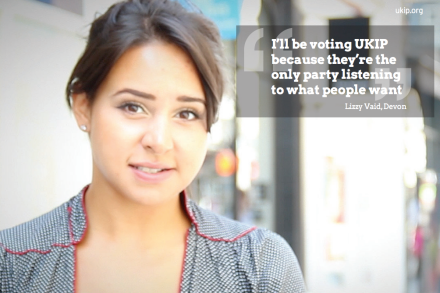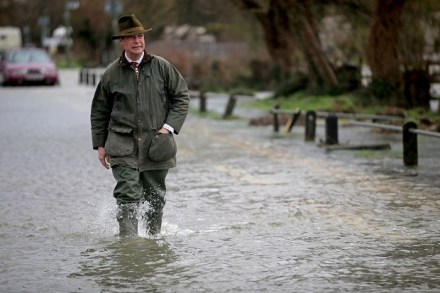Brothers in arms — Ukip and the SNP are singing the same song
You don’t mean a thing if your seat ain’t a swing. As this saying goes, political campaigning in safe seats is usually a thankless task — unless you are Nigel Farage. Last week, he managed to pack out The Sage concert hall in ultra-safe Labour Gateshead for Ukip’s biggest ever-public meeting. By going back to the simple idea of touring the country (even the sceptical parts) and giving speeches, Farage is appealing directly to the voters left behind by the other parties. He told the 1,200-odd assembled crowd of my fellow Geordies: ‘We are here to say that Labour used to stand up for the people in this region, but




















